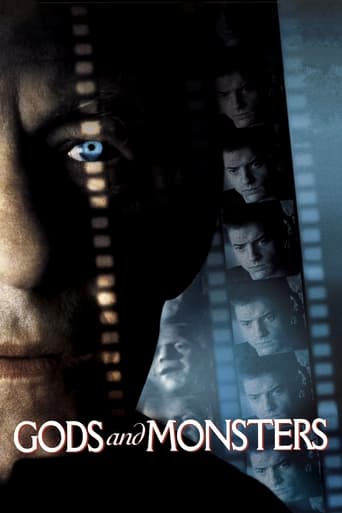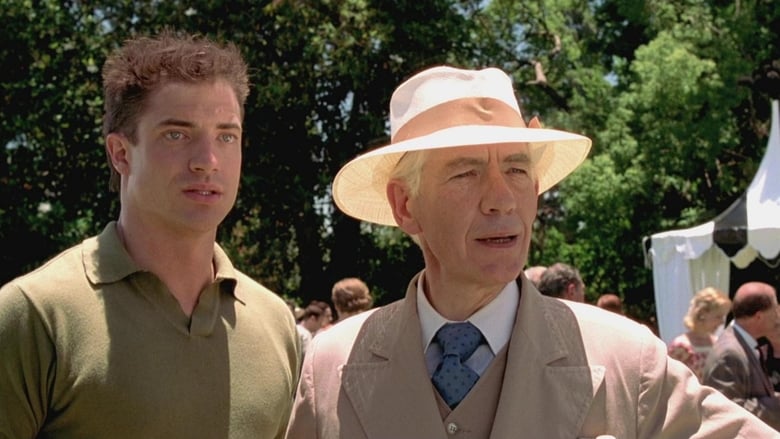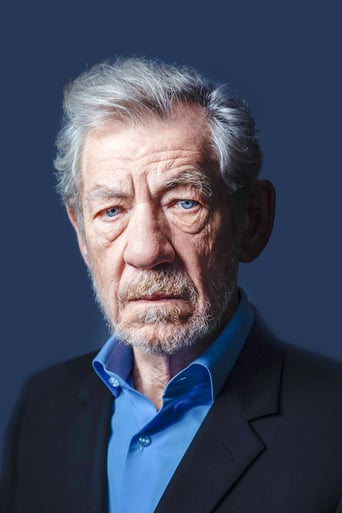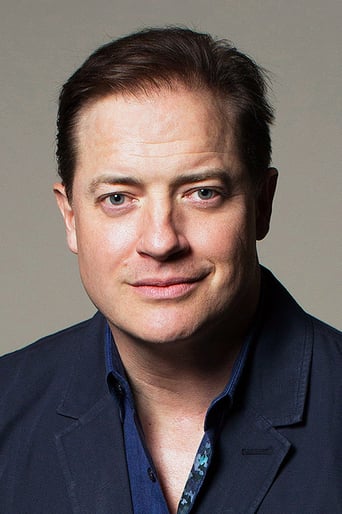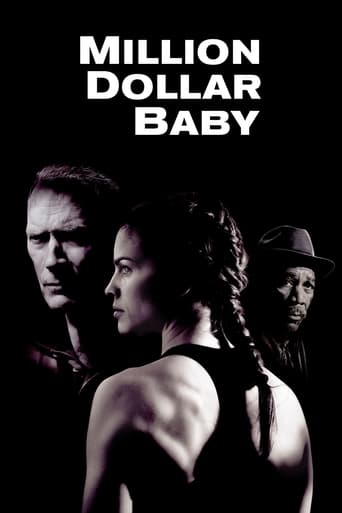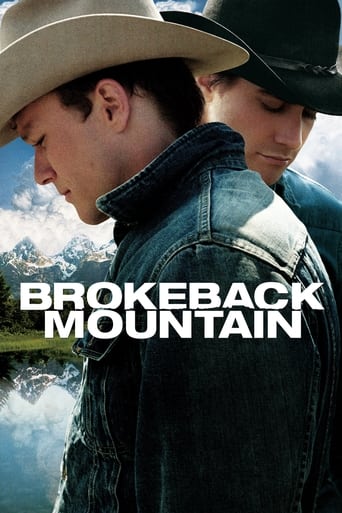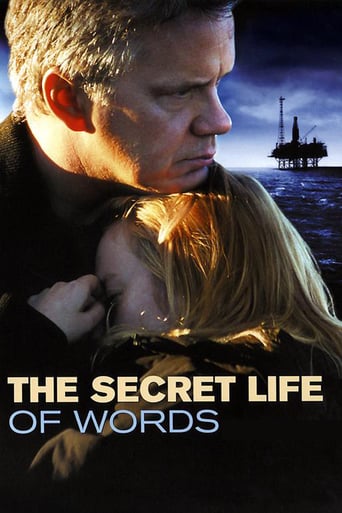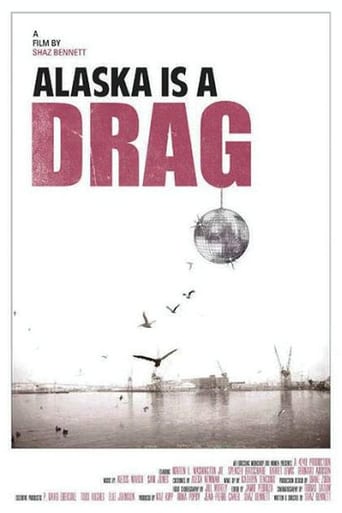Gods and Monsters (1998)
It's 1957, and James Whale's heyday as the director of "Frankenstein," "Bride of Frankenstein" and "The Invisible Man" is long behind him. Retired and a semi-recluse, he lives his days accompanied only by images from his past. When his dour housekeeper, Hannah, hires a handsome young gardener, the flamboyant director and simple yard man develop an unlikely friendship, which will change them forever.
Watch Trailer
Cast
Similar titles
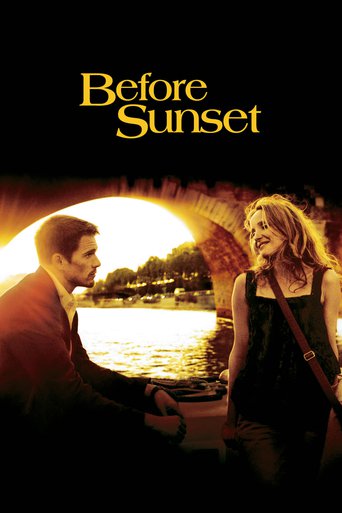

Reviews
Too much of everything
To me, this movie is perfection.
The Worst Film Ever
It's simply great fun, a winsome film and an occasionally over-the-top luxury fantasy that never flags.
A gardener sits for his portrait by a retired film director, who reveals more than expected about his ailing life.Well balanced biopic of an interesting character. The story is elevated a few degrees by the lead performance, but weighed down a touch by the character of the gardener. Wikipedia hints at a more interesting end-of-life relationship with a foreign lover, but I guess that would have complicated the dynamic and so we end up with Fraser struggling in an awkward role. And a monstrous hair-cut.The pace is surprisingly good for a dialogue driven story, with the first hour flying by, and the climax is well nailed. The theme is of companionship among outcasts, which is nicely illustrated with the war scene and the movie clip with the blind man. I could have done with more integration of the horror sensibility (replace the recumbent soldiers with rotting cadavers), and I'm not sure the monster metaphor worked.If there were in-jokes and tricks involving Whale's innovative camera work or Universal Studios' horror music, I didn't notice them.Overall: worth it for McKellen's close ups.
The last days of Frankenstein director James Whale (Ian McKellen) are explored.The focus on homosexuality is perhaps what earned this film an Oscar, but it seems a bit forced. I have understood elsewhere that Whale was not someone who made his sexuality the issue, although here he seems to have it front and center. Is it fair to put him in a story where he seduces awkward and annoying young men? Why is this the plot? I really could have wanted any actor except Jack Plotnick. A dorky journalist who only wants to know about horror films is bad enough, but then to make him so ridiculous? How would such a person ever have even gotten to Whale's gate? Brendan Fraser does a surprisingly good job here. Not known for his acting chops, I am a bit surprised that he was cast. But he does alright.
This superb biographical film of the B-movie director James Whale (Frankenstein 1931, Bride of Frankenstein 1935, The Invisible Man 1933 and Show Boat 1936) has been put on my shelf for many years after my first viewing almost 10 years ago. I have no background information about the director and his works neither, but the worldly- famous Frankenstein franchise has no international barrier here, the interlinked amalgamation of the monster in his film and the director's own later years is a magic maneuver, which includes the identity reversal of the creator and the monster, its sociological overtone reflects vividly in our epoch. The strong cast is the cornerstone of the film, Ian McKellen finally has achieved the performance of his lifetime, he has devoted himself whole-heartedly as the wrenched director on his preordained destiny and emancipated an empowering dominance all over his scenes, his skillful theatre experience enhances both the pathos and the momentum of his tragic fate, which come so strong as to leave me unprepared for an emotional thrust. Brendan Fraser as the opposite drop-dead gorgeous gardener, exudes an angelic attractiveness which has lost in all his subsequent films. Alongside with Sir McKellen, the late Lynn Redgrave also received her second Oscar nomination for her role, the trustworthy maid who annotates the most sophisticated human emotion mixed with unrequited passion, admiration, jealousy, desperation and many others from a rather plain character, which is a textbook epitome of interpretation a supporting role. Another linchpin of the film lies firmly in its Oscar-winning script, full of witty remarks which could be a tug-of-war between sardonicism and sympathy, by comparison Bill Condon's directional capacity is being overshadowed. Anyway, Gods & Monsters has become one of my all-time favorite now.
Gods and Monsters begins with a rough and grizzled looking man occupying a rather dingy little trailer out in what appears to be the middle of nowhere. His living conditions are small, enclosed and his general living area is messy with an array of scattered items such as beer bottles lying loosely around the place. The man's line of work is that of a manual labourer, somebody whom journeys from place to place in a truck which is tatty and unspectacular but does the job so as to get him there, enabling him to carry out agricultural work on the gardens of community higher-ups. He is in stark contrast to that of an elderly man with whom he shares the film's opening, a man whose garden it is the manual labourer eventually comes to maintain; a former film director approaching his seventies, the elderly man occupying living quarters that are elegant and lavish as he spends most of time in his study overlooking a swimming pool battling his serious ill-health, while the man himself is generally of a highly educated, highly informed and rather rich background. The two couldn't be any more different to one another, and yet Bill Condon's Gods and Monsters maturely and engrossingly brings the pair of them together as they appear to find common ground in the one thing they share: isolation which, you feel, leads on to further feelings of loneliness.The gardener is Brendan Fraser's Clayton Boone, a young but relatively introverted male living by himself whom often frequents a local bar for drinks and casual speak with friends and ex-girl friends. The space is the epitome of manliness, neon signs and bottles of beer and young barmaids occupying a space in which laid back attitudes and indulgence in laddish heterosexuality is the predominant order to proceedings. The film is effectively Boone's story to tell, the fact that a certain Sir Ian McKellen is playing a certain famous and once more true-to-life British film director named James Whale is beside the point; Whale often coming to merely compliment Boone's gradual arc of coming into contact with finer things of a cultural nature in life and gradually rejecting the above characteristics or ideals.And then there is Ian McKellen's Wale, one might even say that McKellen is perfect for the part, in that he is playing a cultured; British homosexual whom has reached somewhat of a peak in an audio/visual medium with a tale of how he got there as rich as it is. McKellen provides a stupendous performance detailing the ailing figure of the famous film director of various features Whale, and acts as a fascinating ingredient to a dramatic story about these two men which teeters between moving friendship and immense situ of discontent. Condon paces the bond either man share wonderfully, beginning with drinks on hot summer days in-between sessions of gardening and going on to cover passages of sketching Whale does of the man privately in his office.Condon has Whale act as more than mere supporting act to Boone's tale of how he once knew somebody famous; a telling moment comes during a very early exchange that Whale has with a young student interviewing him at his residence, the nervous and somewhat twitchy young man coming off as not particularly interested in what it is Whale has to say and is more inclined into veering the interview towards Whale's exploits as the man whom brought to life the first two Frankenstien films besides anything else. Such a sequence passes onto the audience similar sentiments which they may echo; how much about the man might an audience member watching know outside of the Frankenstien exploits? Condon's awareness of the item here rearing its head, McKellan's disparaging reaction at having to deal with such a response within the film going on to resemble Condon's own in relation to what it is people might commonly know about Whale, the film going on to explore his fading physical and mental health and somewhat deconstruct the man, not always in a particularly positive light, but a brave and confrontational one none-the-less.Following this, Whale's literal and verbal establishing to that of the young student interviewer of wanting to take everything from "the top" only echoes precisely what it is Condon does in the film in regards to Whale; a warts-and-all look at how somebody came to be how he was in the final stages of his life. As a character, an early visit to the doctor and the confirmation of serious illnesses which will affect him and deteriorate his overall health establishes the delicacy of the man and the severe health problems Whale has. Boone and Whale come to bond, the overhanging item throughout the film lingering in the form of Boone and his marital issues that he has with an ex-girlfriend in the form of that earlier bar's barmaid juxtaposing with the initial problems he has with his friendship with Whale which comes to form that of a steady going partnership.There is a telling moment much later on in their friendship, a moment that sees Boone admit to having lied about serving in the Marines in the recently concluded Korean War, itself an item Boone may well have used to infer 'manliness' or characteristics of an immensely heterosexual nature that being in the military and fighting in a war would be perceived as 'manly' and have those he's speaking to impressed by it. Here, none of it eventually comes to matter and speaking man to man with Whale eventually sees him shed those respective faux-attributes thus becoming a more rounded, more methodical man; feelings symptomatic with his reaction to the barfly's own reactions to one of Whale's films playing on their TV one evening following a deeper understanding of its creator. All of this and more combine resulting in a thoroughly competent, thoroughly mediative piece on the friendship two men forge.
